Last week we gathered a room full of women to discuss MONEY.
Looking out over Union Station from Wework’s 1 University location, we sat down with a few industry experts to talk saving strategies, parental leave for the self-employed, home ownership, and single parent specific financial hurdles.
Some sipped Domaine Chandon sparkling wine – others opted for Welo Kombucha; Chef Christine Flynn (a single mama and financial literacy warrior herself) served up delicious snacks; and we all settled in to air our fears, insecurities, curiosities and our collective determination to learn and empower ourselves to finally take control of our finances.
In case you missed our Live to Air on IG, we had our panel experts tackle some questions submitted by our community, so even those who were not able to be in attendance can reap some financial benefits.
How do I start investing when I don’t have any extra money?
Streamline monthly cash flow. Automate. Start small. Even automating $25 a month to start, next month $35 etc. If you start slow you won’t feel it as much as you build it up. Don’t be too aggressive. That just sets you up for failure and makes giving up altogether way too likely.
With Wealthsimple, there are no account minimums so you can start investing with as little as $1. You can also use features like Roundup to stay on track. Roundup which automatically rounds up each purchase you make and invests the extra cash at the end of each month. For example, if you spend $4.50 on a latte, it rounds up the charge to $5.00 and automatically invests the extra $0.50. While it’s not a large sum at first, it’s the small amounts that can add up to a big difference in the future.
How do I prioritize savings goals (RESPs? Emergencies? Retirement? Debt? Invest?)
Consumer Debt first, then emergency savings, then long-term savings, then RESP. Always put the oxygen mask on yourself first, then you help your babies.
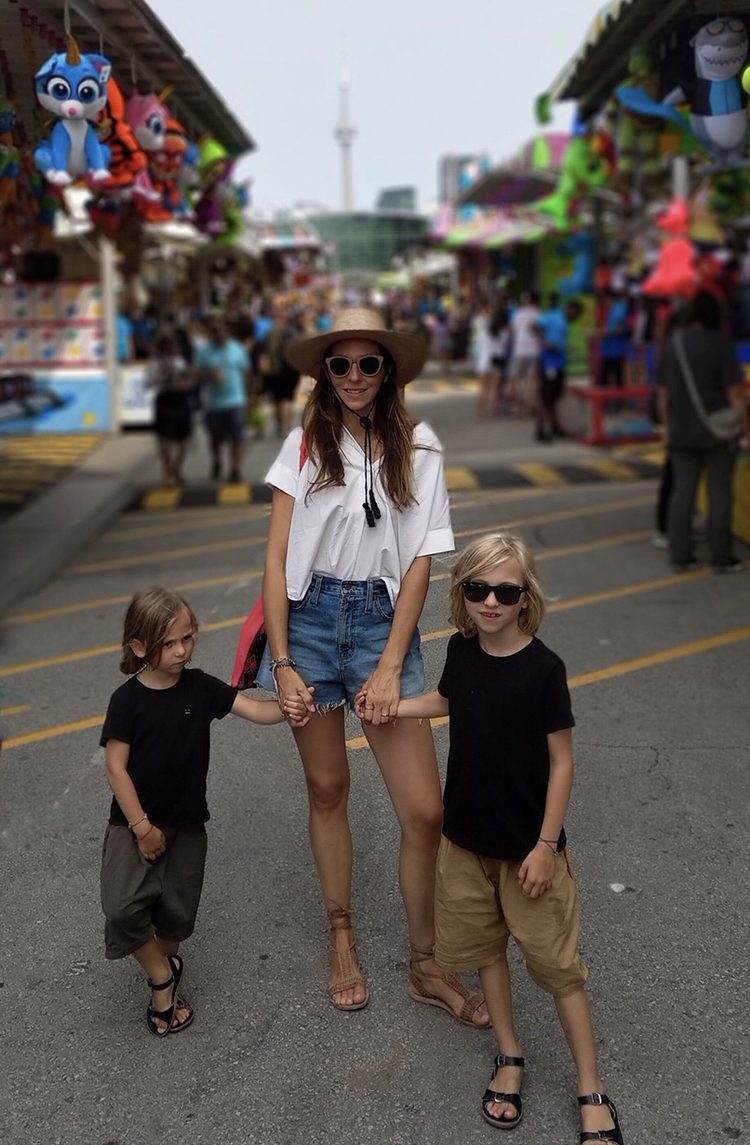
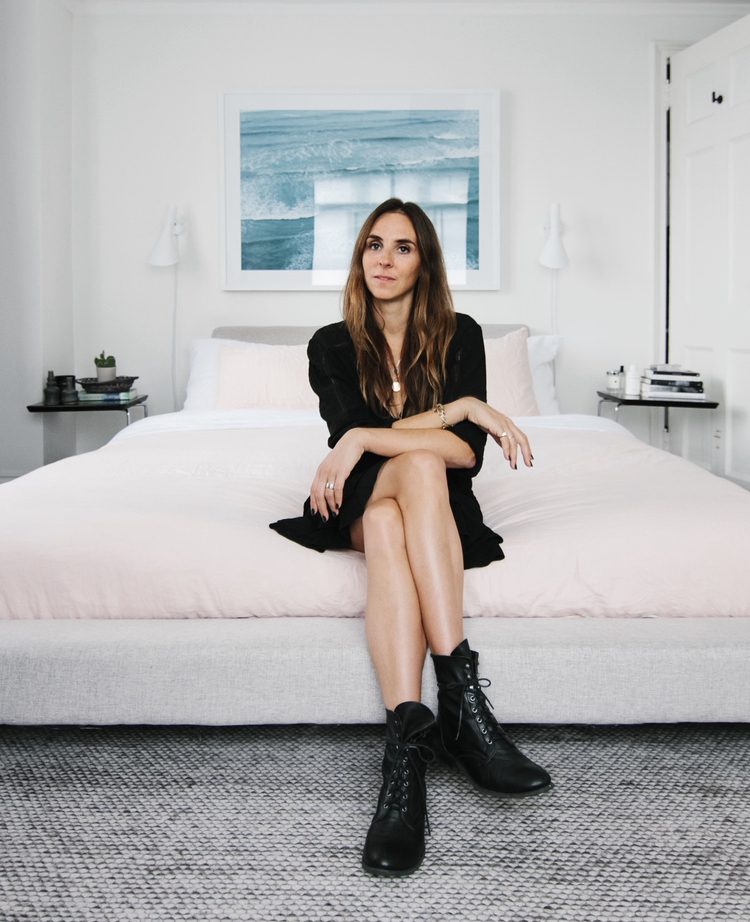
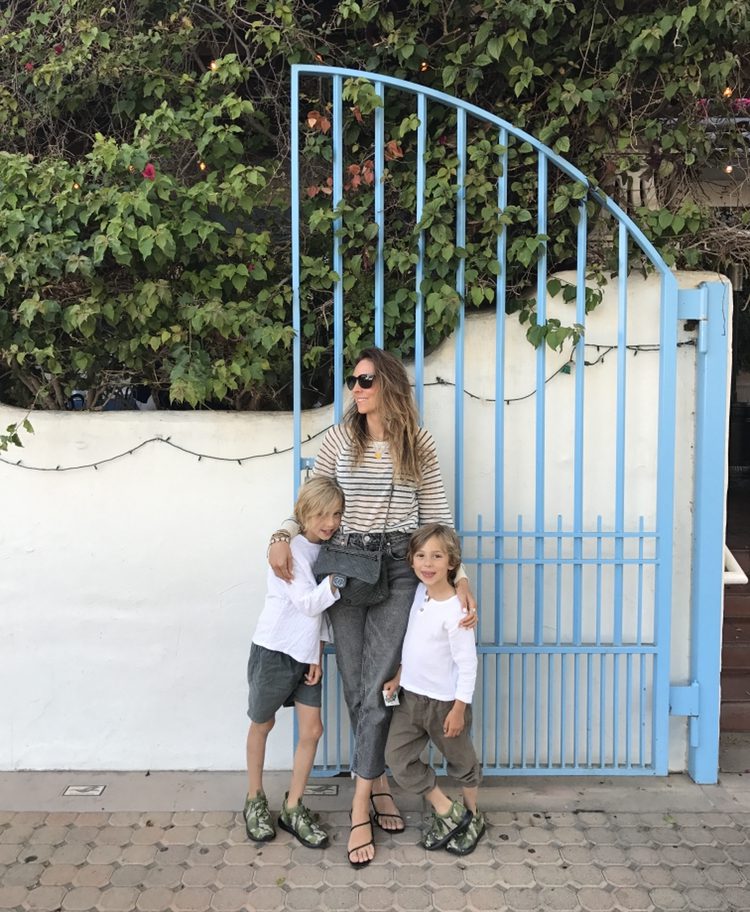
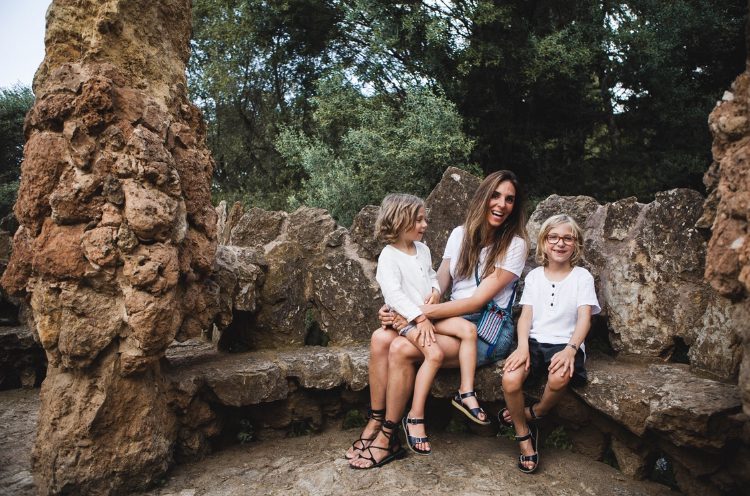
Do I need life and disability insurance?
Likely yes. If someone would be in trouble financially if you passed away, then you need life insurance. Be sure to assess how much you need based on mortgage, kids, and retirement savings replacement for your spouse. As for disability, most times it’s good to have because your biggest asset in your financial life is your future cash flow. If you can’t work, that tap turns off. Disability insurance is a good way to protect your future cash flow should anything happen.
Give us some first time home owner saving tips. Is it O.K. to rent?
It’s totally O.K. to rent. If you’re going to rent, ensure that you’re saving double for retirement since you aren’t paying into the equity in a home. If you’d like to own a home one day, be sure to use the RRSP and TFSA strategically to give you biggest bang for your buck. The first time home buyers plan is an amazing place to save for your down payment. Right now, up to $35,000 per person can be used to buy a house!
Do I need life and disability insurance?
Likely yes. If someone would be in trouble financially if you passed away, then you need life insurance. Be sure to assess how much you need based on mortgage, kids, and retirement savings replacement for your spouse. As for disability, most times it’s good to have because your biggest asset in your financial life is your future cash flow. If you can’t work, that tap turns off. Disability insurance is a good way to protect your future cash flow should anything happen.
Give us some first time home owner saving tips. Is it O.K. to rent?
It’s totally O.K. to rent. If you’re going to rent, ensure that you’re saving double for retirement since you aren’t paying into the equity in a home. If you’d like to own a home one day, be sure to use the RRSP and TFSA strategically to give you biggest bang for your buck. The first time home buyers plan is an amazing place to save for your down payment. Right now, up to $35,000 per person can be used to buy a house!

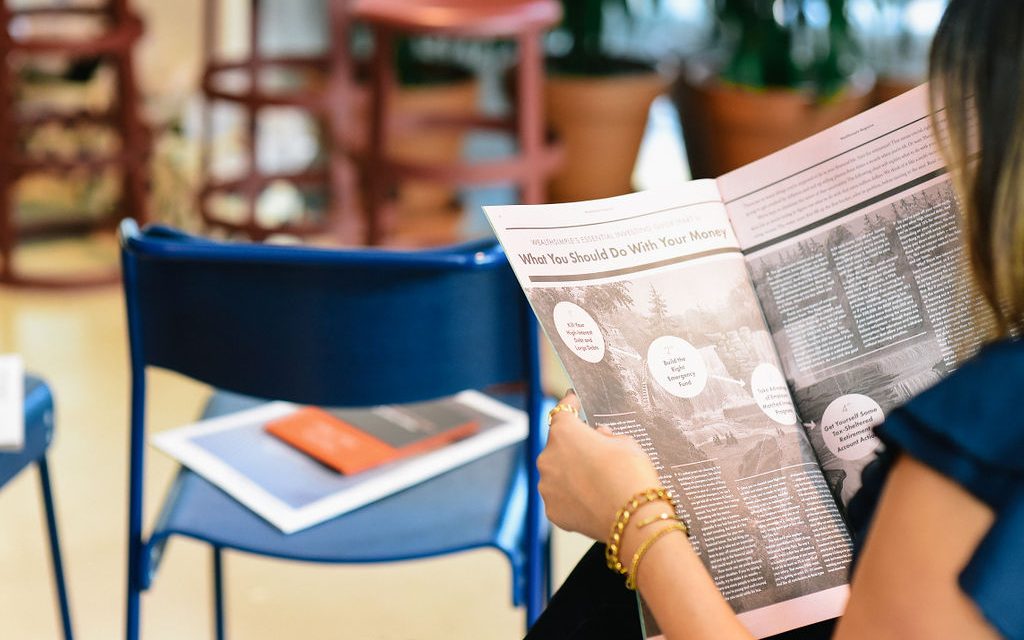
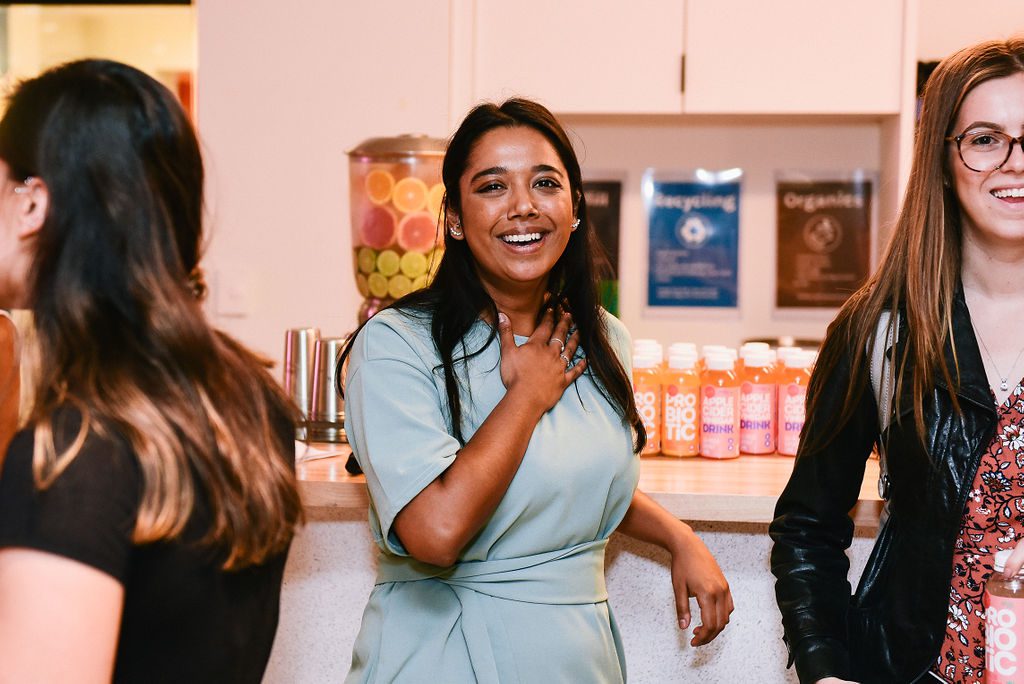
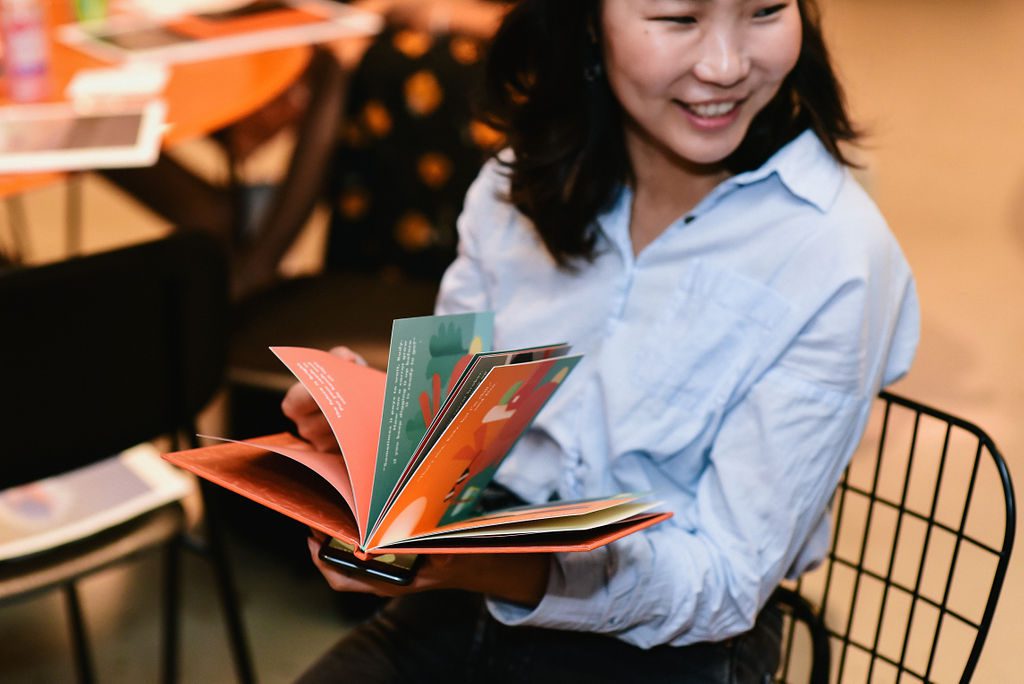
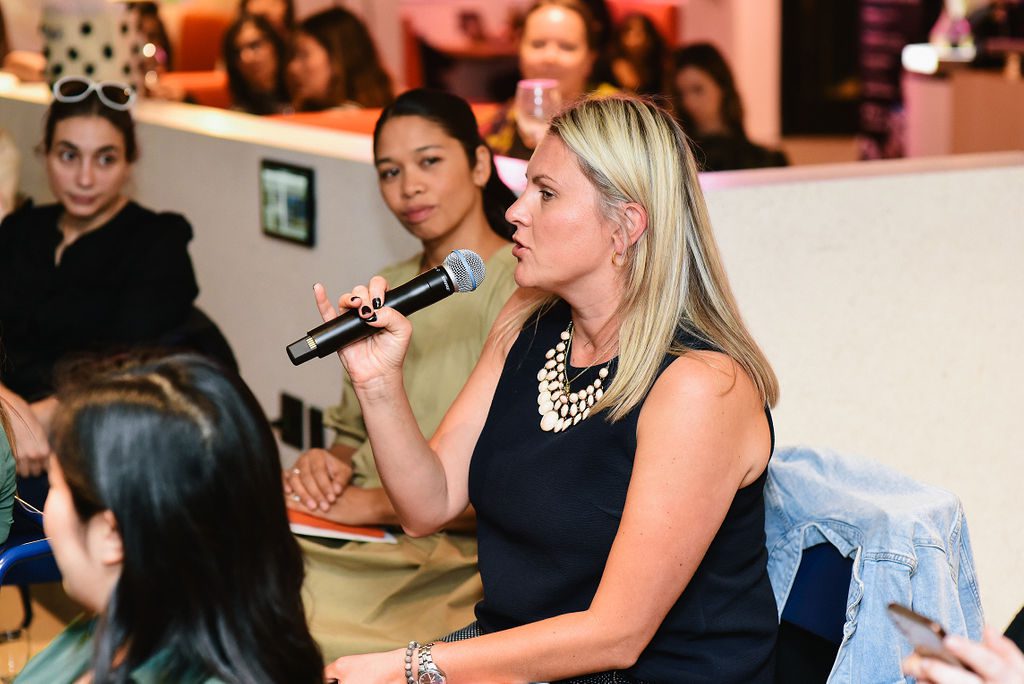
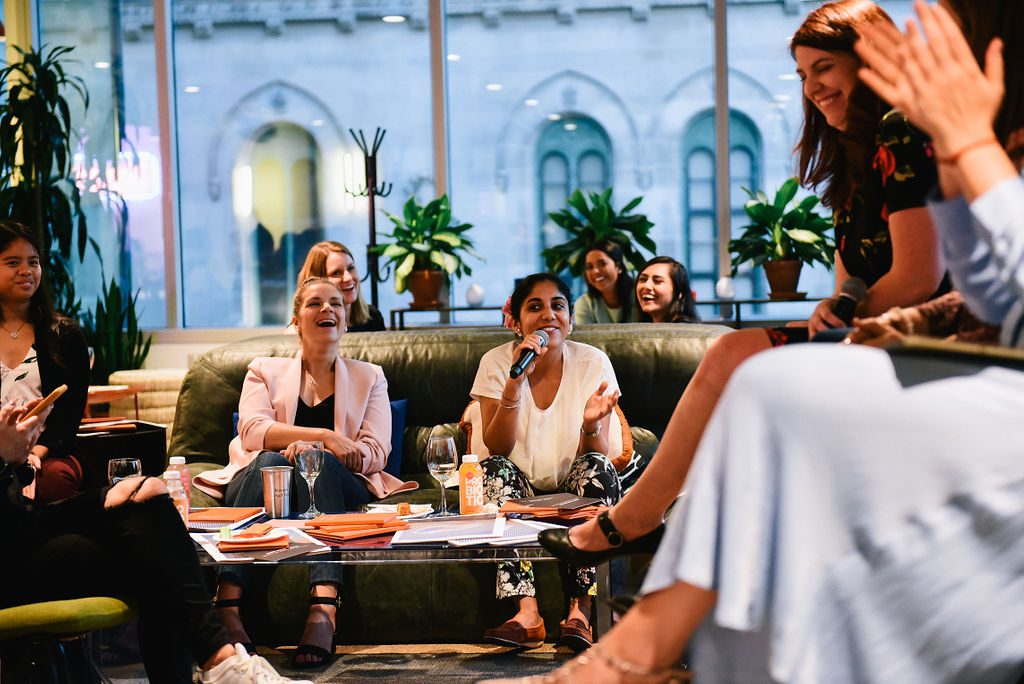
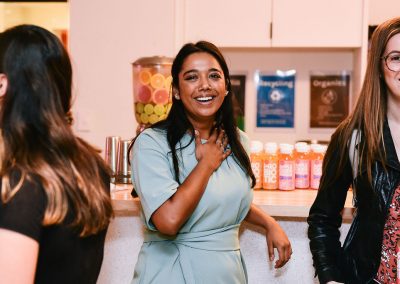
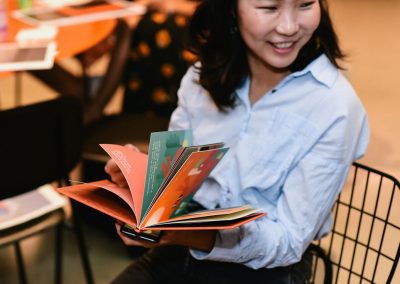
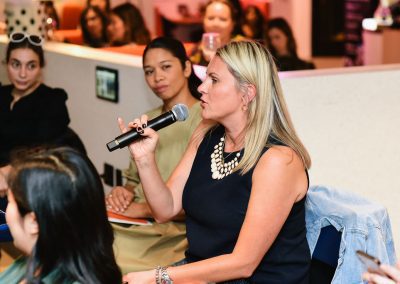

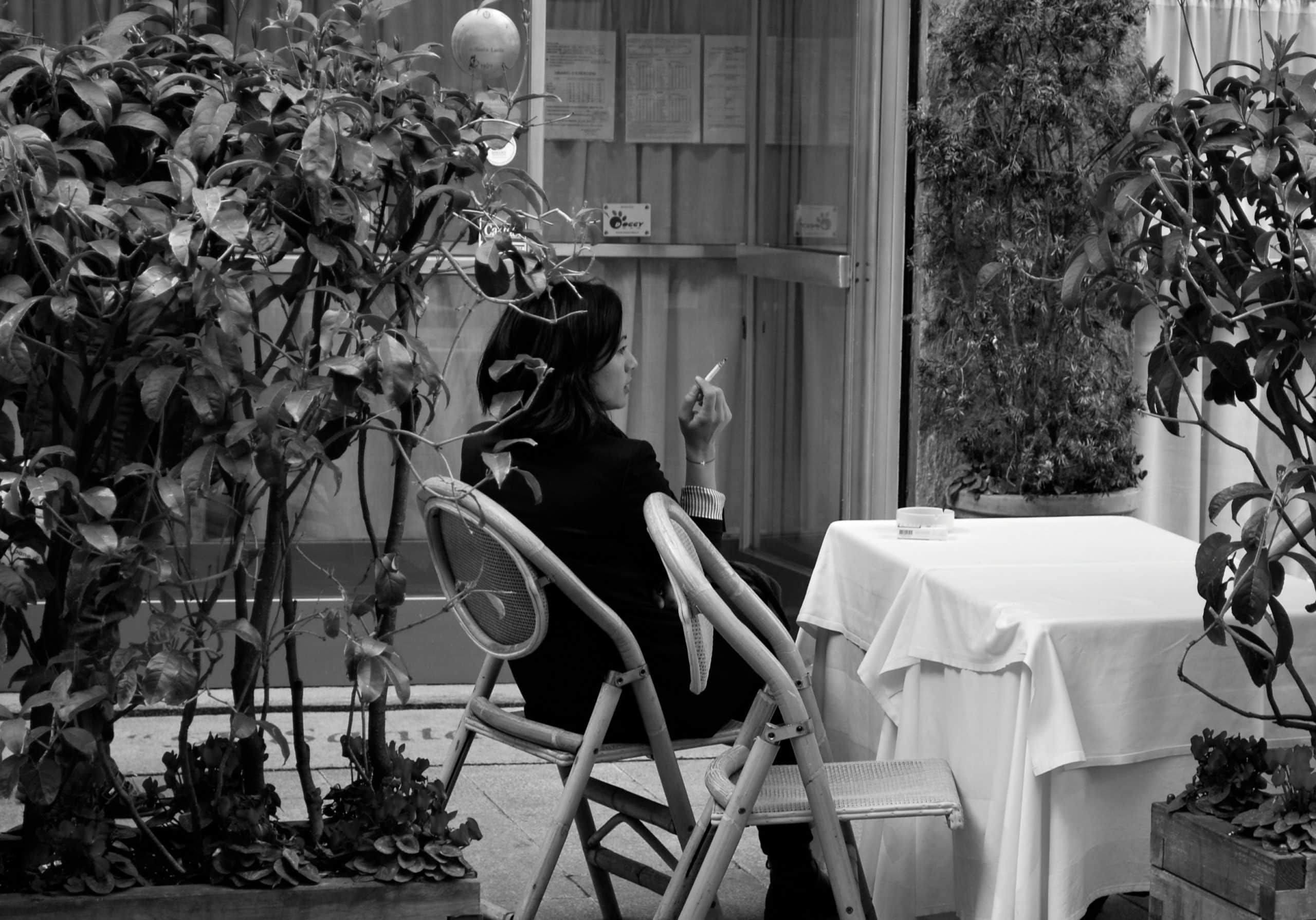
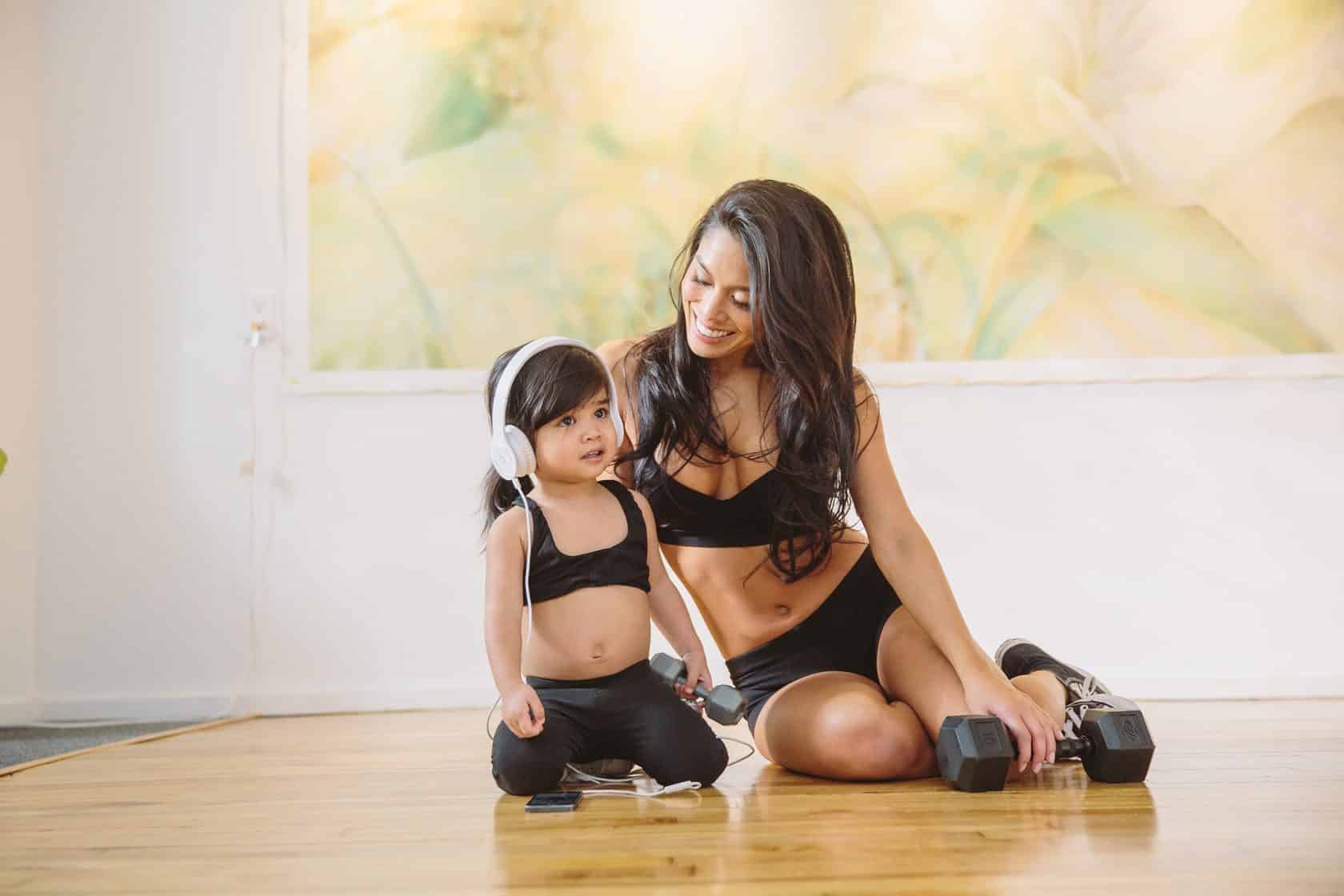


From Our Comments